The blurriness of ethics in photography
All of it is complicated, but common sense goes a long way
Once you enter into a private establishment, it’s fairly common knowledge that there are spoken and unspoken rules you need to abide by. Like riding in an elevator, you should probably look straight, not speak, or fart. You’re very likely to raise suspicion, traversing from a normal shopper to a mischievous bastard if you take photos in a store. Some might say it’s even creepy unless, and hear me out, you recognize that almost every part of our lives is a documentary unfolding before us. If you don’t have a camera, you’re probably missing out.
I think most photographers feel a constant tension when it comes to what is acceptable to photograph and what to leave; what to memorialize and what to let drift. While I’m sure there are rules people adhere to (like don’t hide cameras), photographers I personally follow are constantly talking about their vision and values, along with the story they’re trying to tell.
Bruce Gilden, for example, gives zero f**** about personal space. What’s become a signature style has also been categorized as “aggressive” for his indifference to getting so close, with a flash, to all walks of NYC life. Is he breaking boundaries? Maybe. But whose? The individuals? Society at large? Other photographers? And does it matter? He’s been interviewed countless times and always expresses so much love and adoration for the marginalized people in his community.
It’s these people he so desperately wants to illuminate, one close photo at a time.
Who decides if that’s ok?
I’d guess most people see the practice of photographing marginalized people as exploitative because of the nature of extracting something from their dire situation and potentially commercializing it for personal gain. I get it. But part of collecting visual stories is to bring connection and emotion to things you may miss, or more detrimental, dismiss. How can you do that while living in a system that exchanges services and goods? What vehicles do we have to distribute these stories?
Right now, you’re probably thinking, “Alex, man, you’re not really leading us to a resolution here.” I know. It’s Sunday. You need to keep drinking your coffee before it gets cold. But as I make my rounds on 2023 and all the moments I’ve captured, it’s hard not to reflect on lines, if any, I’ve crossed, at least for my own comfort. While sites like Instagram facilitate conversations about what cool camera or film people shoot with, or what new ad someone gets to create, I don’t think enough time is spent talking about the values built into our practice.
The truth is that the idea of ethics and exploration is universally seen as…really hard to navigate. In a 2017 interview, New York street photographer Daniel Arnold talked about his ongoing tension and mentioned some of the more “problematic” photos he’s taken.
That’s such tricky territory. It’s kind of an unanswerable question. What makes something good and what makes something ethical? I think in this case usually the only answer is the viewer and every viewer is going to interpret things differently. It’s so subjective and so hard to sort out. I don’t know.
I took a picture yesterday of a quadriplegic person. Actually, I don’t know what his condition was necessarily but he had a tube coming out of his mouth and his face was all slack and he was a very profoundly disabled man. He was being lifted into one of those horse-drawn Central Park carriages by the carriage captain and a woman who I think was his mother. I realize that it is a problematic picture. It’s definitely questionable.
To me, it was such a lovely thing to think beyond. To think about the before and the after of that moment and to consider that guy’s experience and what a tiny, tiny simple thing humanity is. Obviously I didn’t have that complex of a thought in the moment but I’ve been having that thought process for so long that it just kind of clicks when I see those kinds things happening in front of me and I respond to that. I’m so glad that I have that picture.
Maybe this is a burden for the famous. If you take a photo and no one remembers it, then does it matter? As I write that, I don’t fully buy into it because there are times I look at a photo I have taken and both love it so much and tremble at the thought that maybe, just maybe, someone out there might think I was an exploitative, mischievous bastard.
A few photos that carry this weight. I’d love to see some of yours.



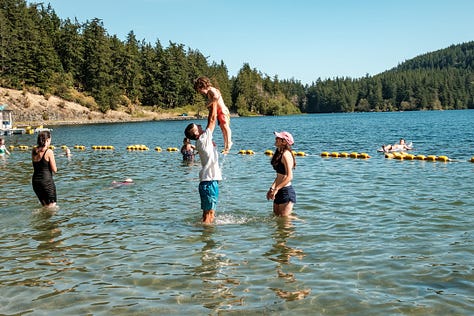
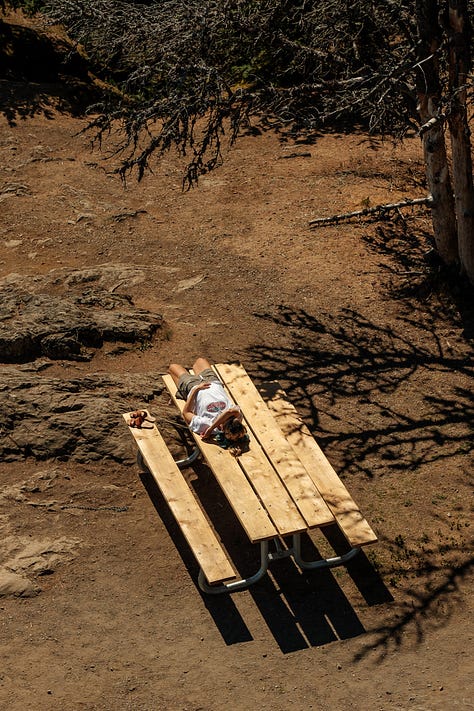

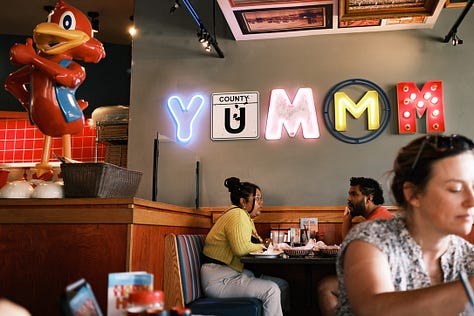
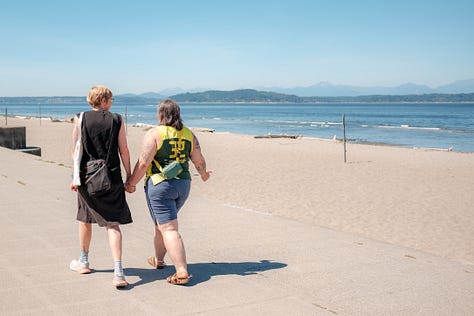
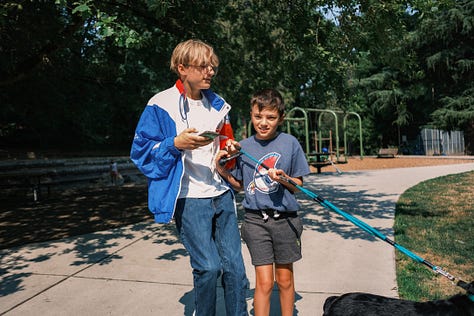
I think this is my penultimate newsletter of the year and I’m eternally grateful for the comments, the subscriptions, and the texts. It’s “filled my cup”, as a friend likes to ask me.
I’m likely to go super cliche in the last newsletter of the year, likely looking back at the things that inspired, the new stuff I learned, and the things moving me into the new year. In the meantime, been bumping a lot of Sault lately because they are finally performing and maybe, just maybe, going on a full world tour. If you don’t know them, click play below and just dive into it.
Happy Sunday, ya’ll.






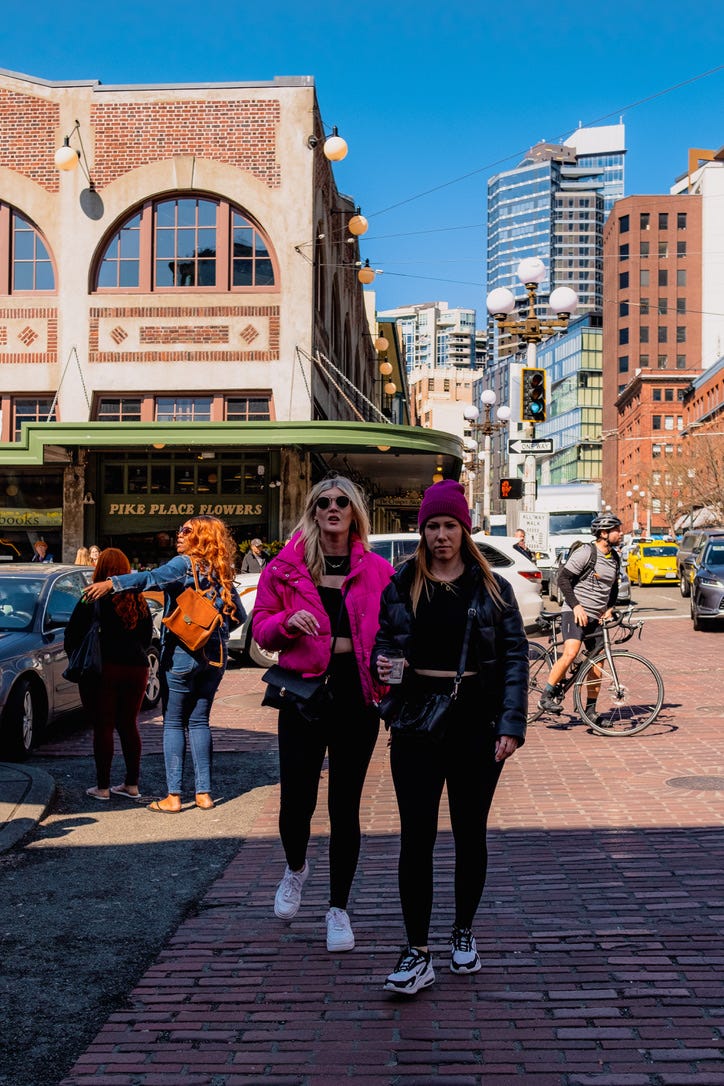
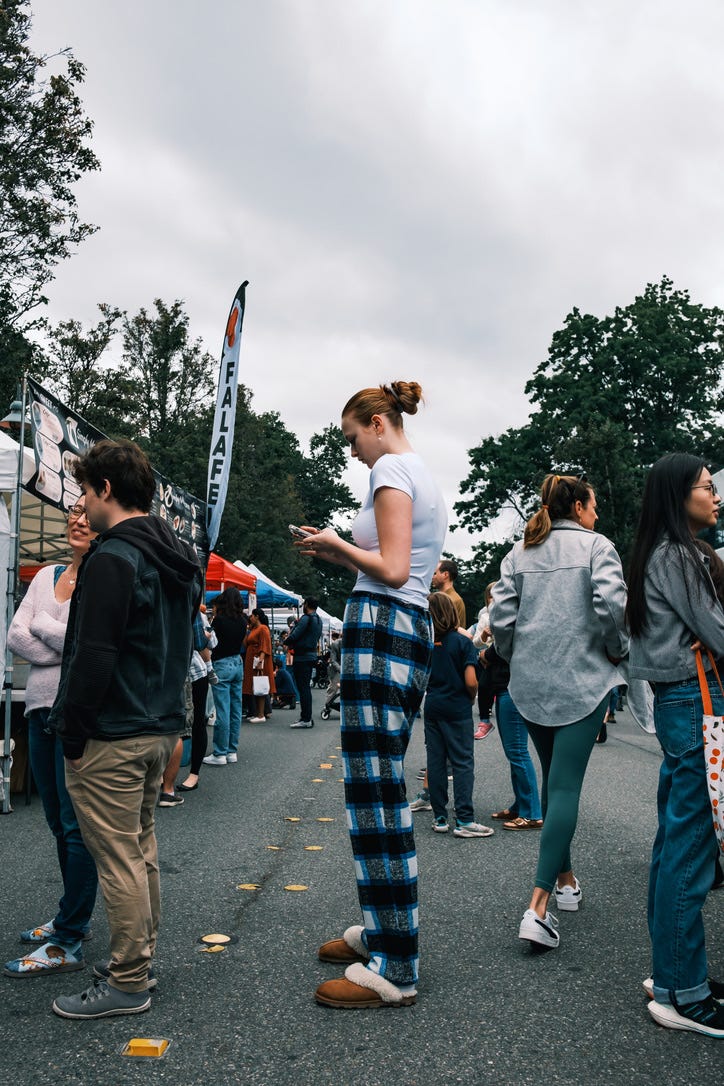

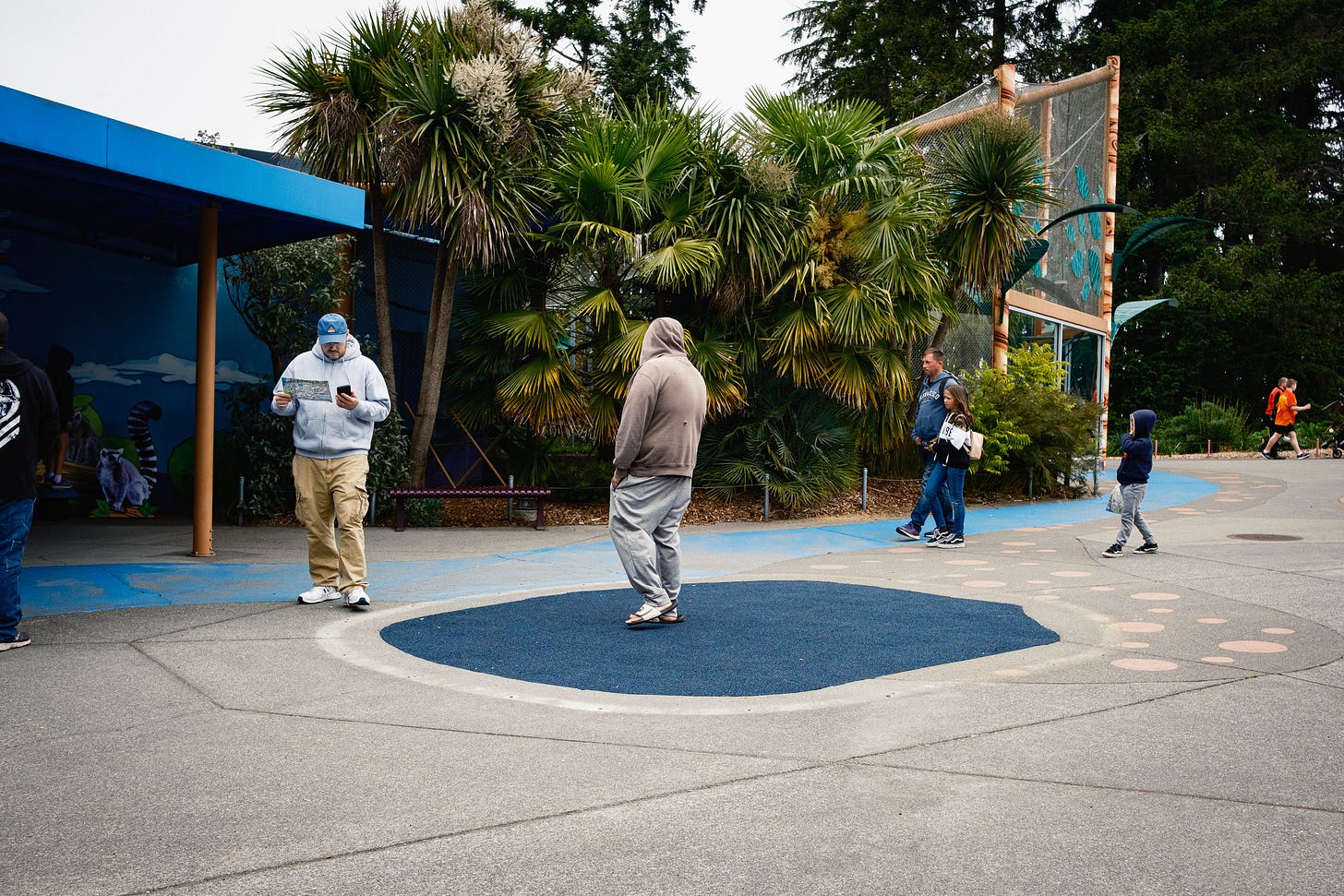



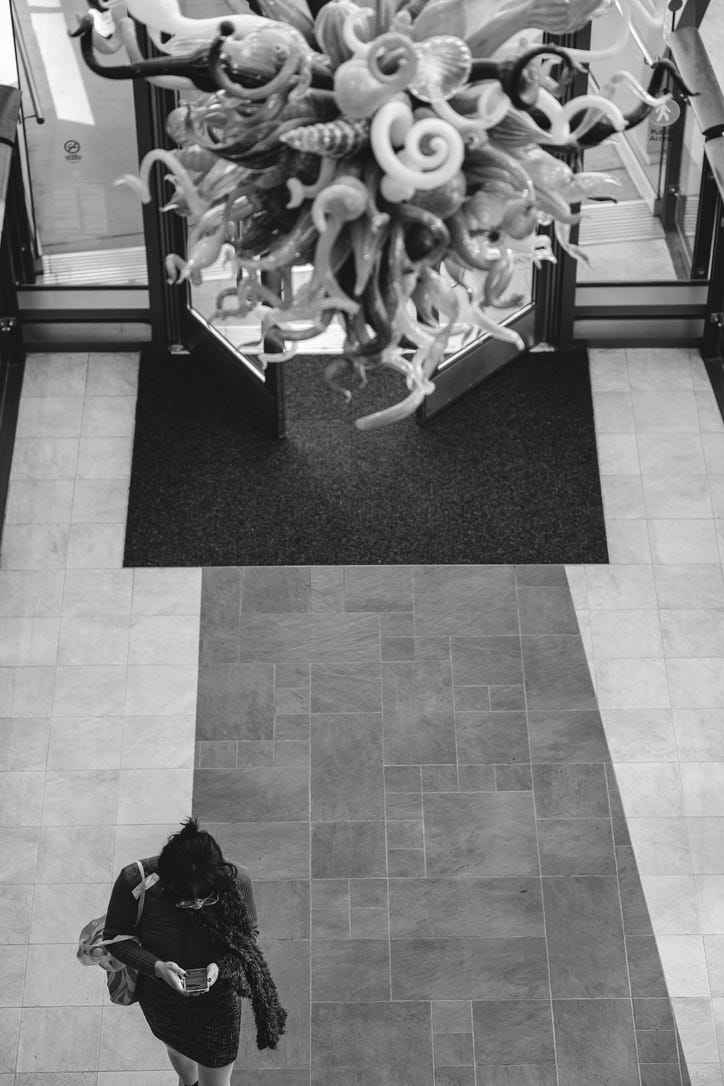
I think about this a lot when I see (or take) photos of people that are part of the projects I work on in other countries, who are often considered marginalized. Especially when organizations use those photos to raise money - the money is being used to "help" but still it feels cringey. None of the pics you posted feel that way to me though. I guess its also very relative to the audiences' experiences and biases.